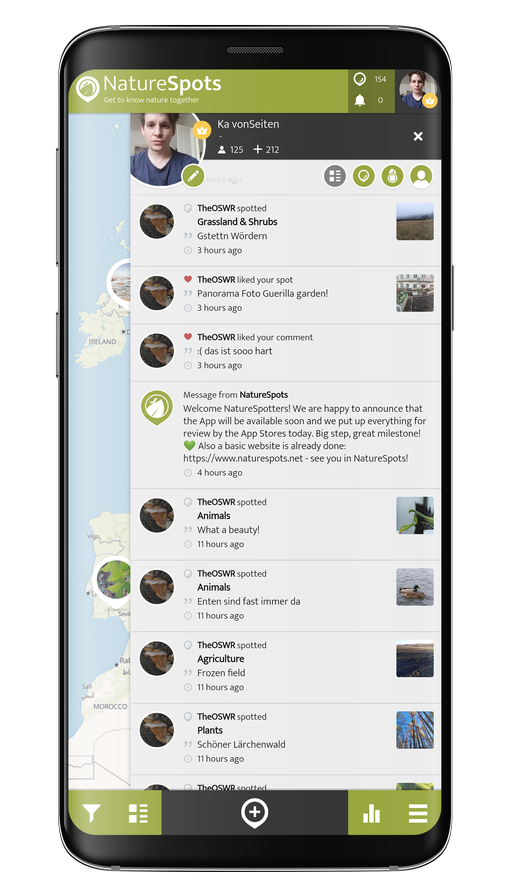The coast, also known as the coastline or seashore, is defined as the area where land meets the sea or ocean, or as a line that forms the boundary between the land and the ocean or a lake. Earth has around 620,000 kilometres (390,000 mi) of coastline. Because coasts are constantly changing, a coastline's exact perimeter cannot be determined; this measurement challenge is called the coastline paradox. The term coastal zone is used to refer to a region where interactions of sea and land processes occur. Both the terms coast and coastal are often used to describe a geographic location or region located on a coastline (e.g., New Zealand's West Coast, or the East, West, and Gulf Coast of the United States.)
Coasts are important zones in natural ecosystems, often home to a wide range of biodiversity, and important zones such as wetlands which are important for bird populations or mangroves or seagrass which provide nursery habitat for fish or other aquatic species. Some coasts fronts on the open ocean and are called pelagic coast while other coasts are more sheltered coast in a gulf or bay. A shore, on the other hand, may refer to parts of land adjoining any large body of water, including oceans (seashore) and lakes (lake shore).
Wikipedia contributors. "Coast." Wikipedia, The Free Encyclopedia. Wikipedia, The Free Encyclopedia, 17 Jun. 2021. Web. 28 Jun. 2021.

